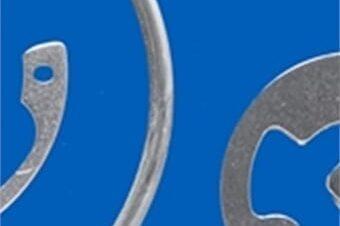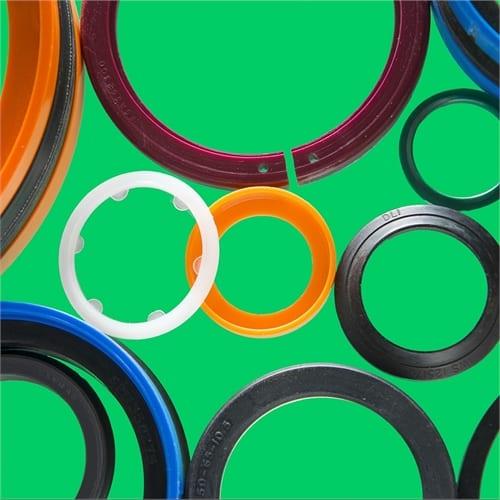

| Pneumatic’s Vs Hydraulics
The pros and cons of each system. Pneumatic’s offer a very clean system, suitable for food manufacturing processes and other processes which require very low risk of contamination. Hydraulics are generally not used in these environments due to the risk of hydraulic oil leaks from faulty valves, seals or burst hoses. Pneumatic’s offer rapid movement of cylinders and have the great advantage of availability in very small sizes. Why do pneumatic’s offer a higher operating speed of its components? This is mainly due to air compressor flow rates, air is very agile and can flow through pipes very quickly and easily with little resistance, while hydraulic oil is a viscous substance and requires more energy to move. Also pneumatic cylinders and valves can dump their compressed air straight to the atmosphere when they need to change direction or alter their state quickly, compared with hydraulics where the oil must be routed back to the reservoir. Pneumatic’s do not have the potential force that hydraulics have to offer. The lifting or moving of heavy loads is not best suited to pneumatic systems. Hydraulics can smoothly lift and move loads because the hydraulic oil is not compressible, compared to air which can become jerky and spongy as the air pressure fluctuates with cylinder movement or load changes. In general a much larger pneumatic cylinder is needed to obtain the same force that a hydraulic ram can produce. In terms of energy costs pneumatic’s are more costly than hydraulics, this is mainly due to the amount of energy lost through heat production while compressing air. |
Have our catalogue sent to your door

